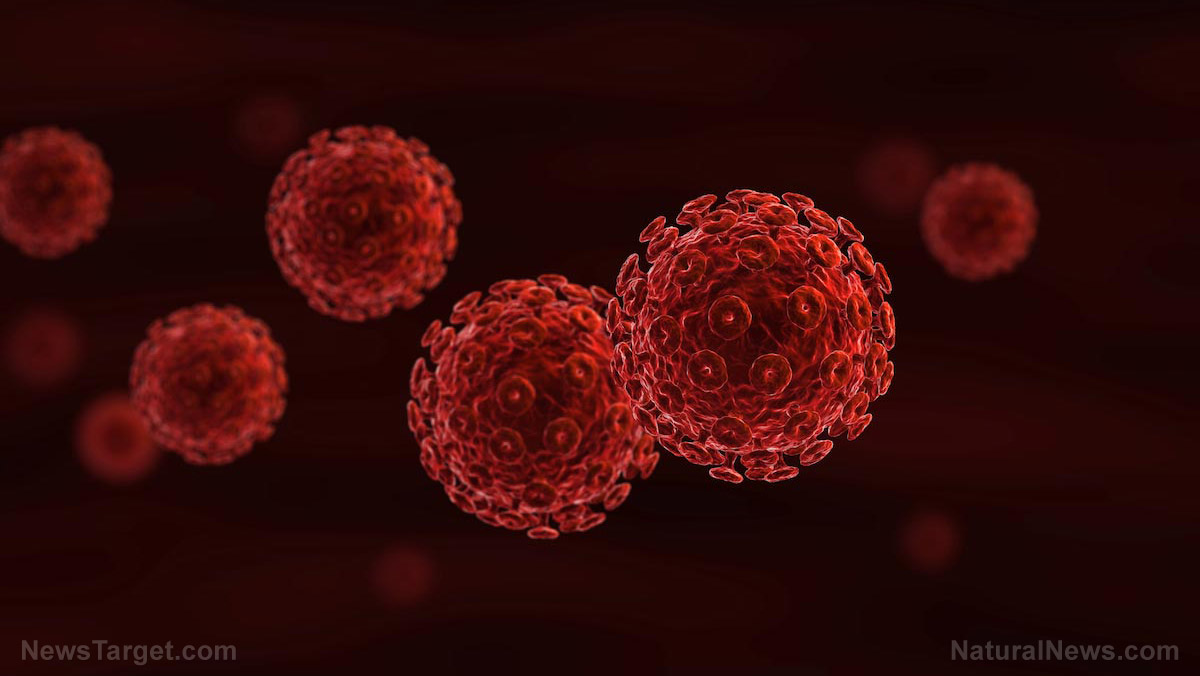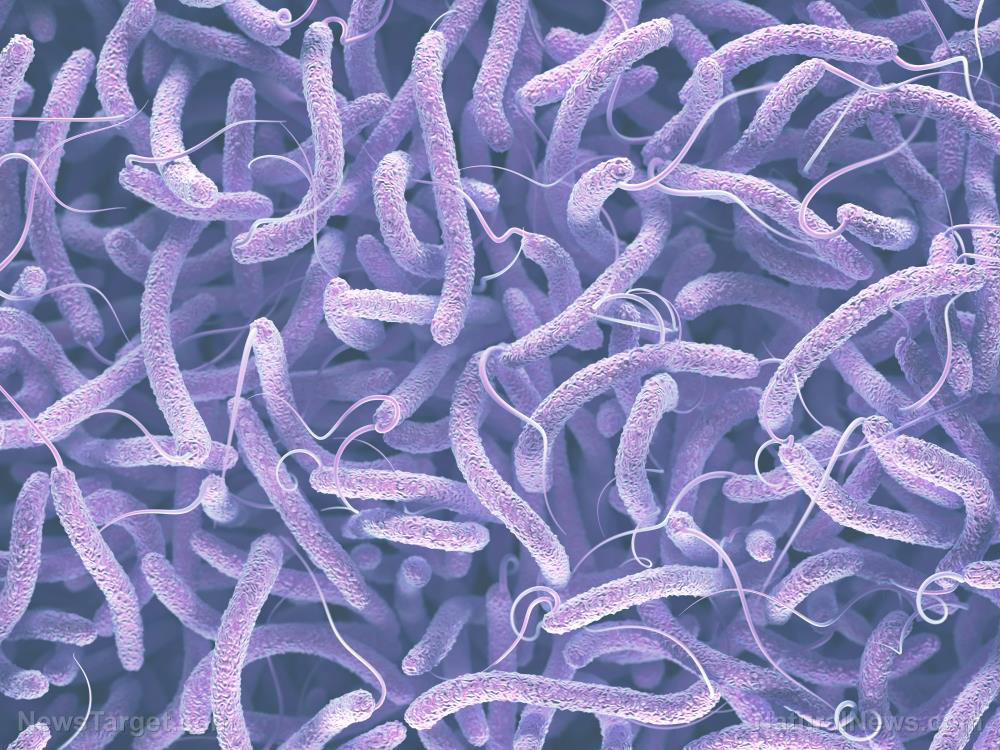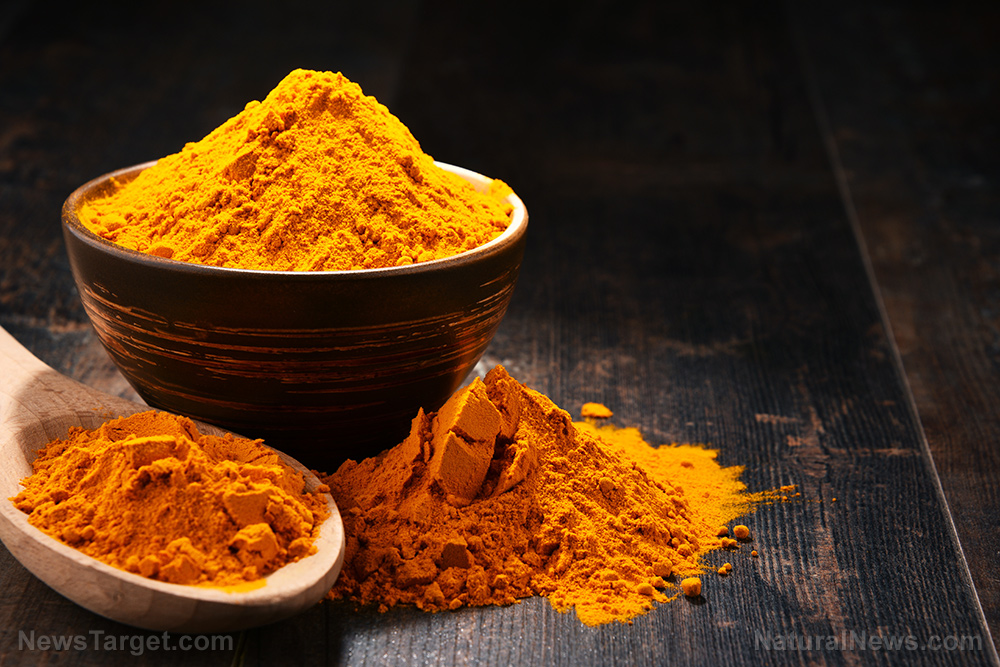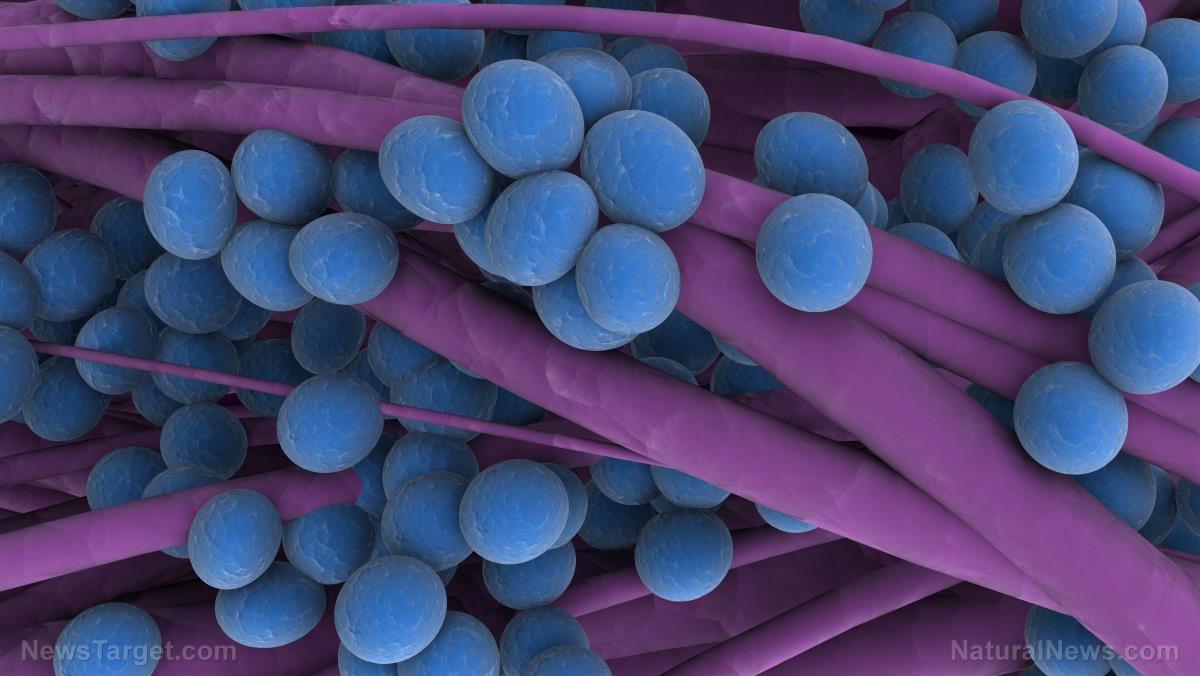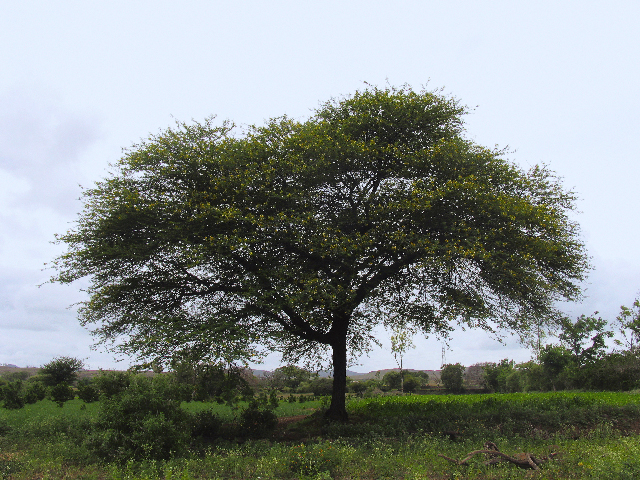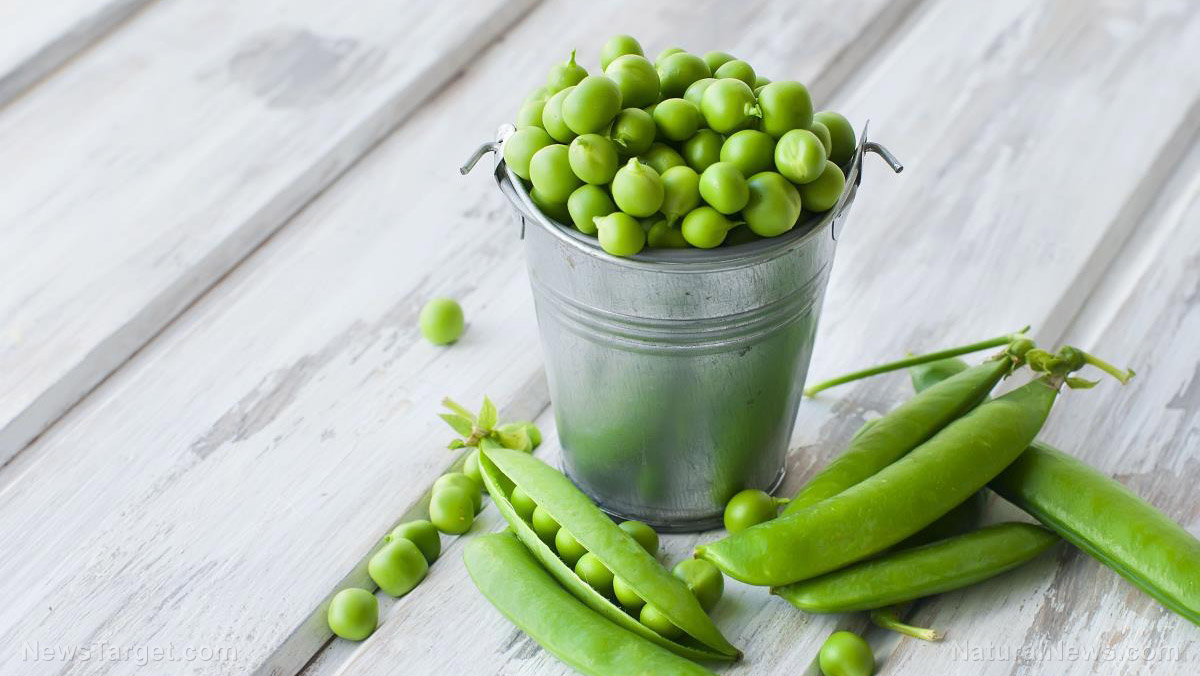Scientists have found antibiotic-resistant bacteria throughout Germany’s waterways
08/28/2018 / By Zoey Sky

Earlier in February, a group of German scientists warned locals about the presence of bacteria immune to antibiotics in several lakes, rivers, and streams in the country.
According to a report by Northern German Broadcasting (NDR), the deadly pathogens, which are resistant to different kinds of antibiotics, were discovered in 12 locations in the northern German state of Lower Saxony last month.
The scientists gathered sediment and water samples from the different sites. The samples were then sent to the Dresden University of Technology and the German Center for Infection Research in Giessen for testing.
Data from the NDR-commissioned study identified multidrug-resistant gram-negative bacteria (MDRGN bacteria) for all 12 locations, along with strains that are resistant to critical reserve antibiotics known as “last resort” drugs.
Tim Eckmanns, from the Robert Koch Institute, expressed his alarm at the discovery during an interview with NDR. He noted that the pathogens seem to have shown up in the environment on an unprecedented scale. He added, “The danger is that they’ll spread and then strike back against humans.”
Per the NDR, even though resistant pathogens live and even thrive in the environment, they are not systematically monitored during water pollution tests. (Related: Antibiotic overuse kills thousands each year: Authorities urge people to just stay home and rest when ill.)
Scientists are worried because dangerous MDRGN pathogens can cause serious illness and they are resistant to antibiotics. Although individuals who are in the pink of health are safe from these pathogens, they can still carry and transmit the germs to more susceptible people.
The transmission of these lethal pathogens can cause life-threatening infections such as pneumonia, sepsis, or urinary tract infections (UTI). Those at risk involve both the elderly and newborns, who have weaker immune systems.
Thomas Berendonk, a water scientist at Dresden, commented that the findings were a cause for concern since it would be very difficult to treat individuals infected by the bacteria.
The scientists also expressed their unease over the discovery of a gene called MCR-1 at five of the 12 waterways. A bacteria with this gene will be resistant to colistin, a last resort drug that is only administered after other antibiotics have failed during a life-threatening situation.
The German researchers posit that the resistance gene can be traced back to farms, where animals are often fattened using colistin. It’s possible that the colistin enters the environment through “manure, insects, rats, dogs, and birds.”
Germany’s Environment Ministry stressed the need for further study concerning the possible spread of the resistant bacteria. The ministry urged, “There is a need for action, for example, when it comes to bathing water.” The scientists took samples from two swimming spots: Thülfelder dam and Lake Zwischenahner. Other sites included streams by farms, a nursing home, and a sewer beneath a clinic.
However, local authorities in Lower Saxony commented that the health risk from the bacteria in the environment was relatively low and that updating existing regulations was unnecessary. Every year, thousands of people in Germany die from diseases caused by multidrug-resistant bacteria.
Foods that can boost your immune system
Try to consume more of the foods listed below to help boost your immune system and to prevent possible infections:
- Almonds – Vitamin E can help keep your immune system healthy. A fat-soluble vitamin, it requires fat before it can be absorbed properly. Nuts like almonds are full of vitamin E and healthy fats.
- Green tea – Both green and black teas are rich in a type of antioxidants called flavonoids. Green tea also has high levels of epigallocatechin gallate (EGCG), another powerful antioxidant. EGCG helps enhance immune function. Green tea also contains L-theanine, an amino acid that can help in the production of the germ-fighting compounds in T-cells.
- Kiwi – Kiwis are rich in essential nutrients like folate, potassium, vitamin K, and vitamin C. Vitamin C boosts white blood cells to protect your body from infections, and kiwi’s other nutrients keep the rest of your body working properly.
- Turmeric – This bright yellow and bitter spice is an anti-inflammatory that helps treat both osteoarthritis and rheumatoid arthritis. Turmeric also has high concentrations of curcumin, which may help decrease muscle damage caused by exercise.
- Yogurt – Yogurts with “live and active cultures,” such as Greek yogurt, can stimulate the immune system to help fight diseases.
You can read more articles about water safety and how to avoid pathogen-infested waters at Cleanwater.news.
Sources include:
Tagged Under: antibiotic resistance, antibiotic-resistant bacteria, Antibiotics, bacteria, colistin, germs, MCR-1 gene, MDRGN bacteria, pathogens, research, science, superbugs




